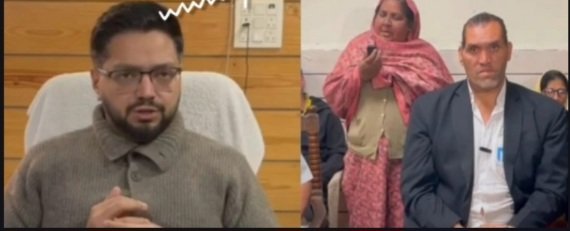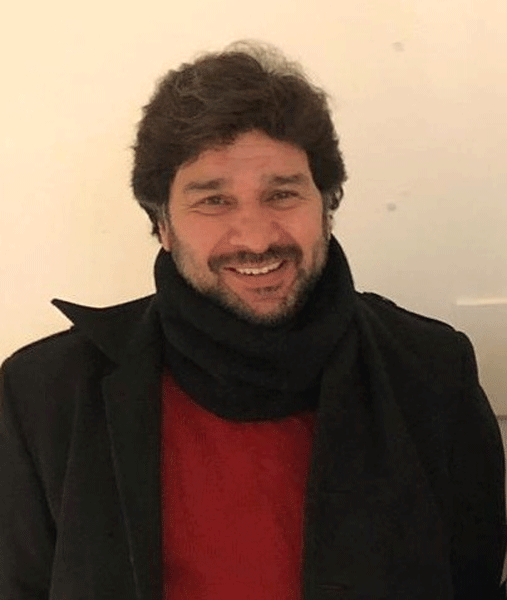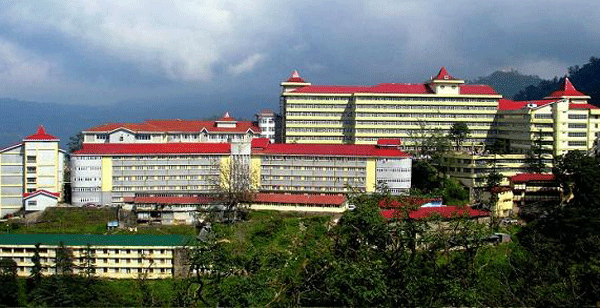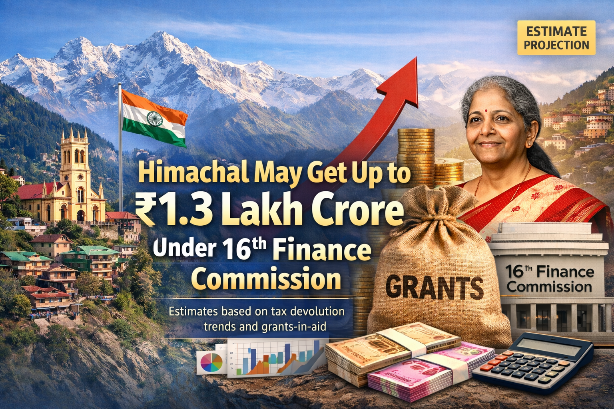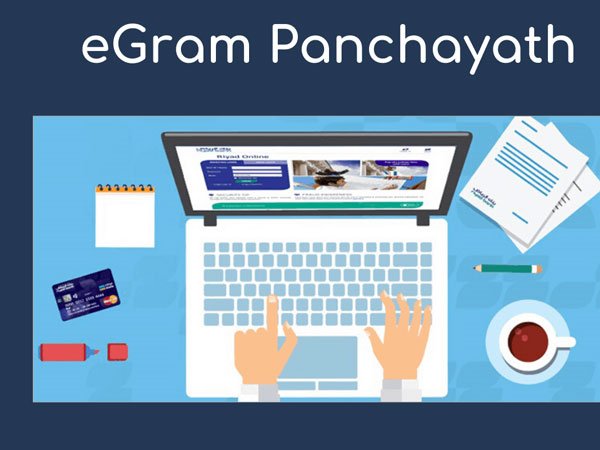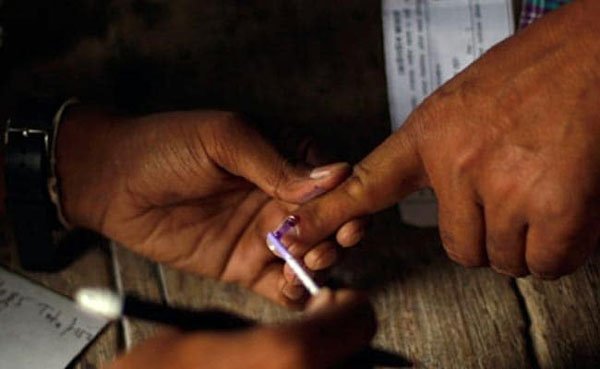
Photo used for indicative purpose only. Source: Internet
Shimla, Feb 16
Local body elections missing equitable playing field. ELECTIONS to the local bodies, except a few, both urban and rural, passed off peacefully in Himachal Pradesh a few weeks ago. Whereas in the urban centres’, municipal ward councillors were elected in the rural areas there was a three-tier election for the panchayat, block development councils and zila parishads(district development councils). Thousands of candidates contested and for nearly two months the state was gripped in this discourse. These elections were not held on party symbols, though for the zila parishad members, major political parties announced their official candidates. A large number of independent candidates won in these elections.
There are two important features that require discussion and resolution for a healthy local body election in future.
Election on Party symbols
The first one is that the elections, though were not held on party symbols, later, as the results were announced became a party forum for both the BJP, the ruling party in the state and Congress. The entire state machinery was utilised to ensure that the elected members, not all, especially block development council members and zila parishad members either shifted to the ruling party or supported the official chairpersons of BJP.
This goes completely against the background and the context in which these elections were fought. As the term signifies ‘local’ in local body elections did not remain local but was commanded from the power centre at the state. Despite the fact that nearly 70 per cent of the elected zila parishad members in the state are not from the BJP, the ruling party still managed to win chairpersons in most of the districts, except Shimla where the three CPI(M) supported members chose to vote for the Congress.
In this background, what is important is that these elections for the local bodies must be held on party symbols. This will serve twin purposes. Firstly, horse-trading and intimidation of elected members will be reduced and the mandate will be both for the person and the party that is being represented. Secondly, there will be continuity in performance. It means that the person once elected will have a responsibility of performance in continuity even though she/he may opt-out from the next contest. There will be more onus on the elected representative.
Stop rampant use of money
The second issue which was very disturbing in these elections is the rampant use of money and resources. The state election commission was completely absent from its role of ensuring a free and fair election. Not a single notice was served to any of the contesting candidates in the fray.
The unflinching use of money and dhams (community feast) was throughout the state irrespective of the different regions of the state. Despite the fact that the period when these elections were held, the spread of Covid was at its peak, still, these dhams continued in every nook of the state.
The limit for spending by each candidate in the zila parishad is Rs 1 lakh, Rs 75,000 in the municipal council and Rs 50,000 in a nagar panchayat. However, in these elections, these limits were torn apart. Source hint that in some of the zila parishad wards, the money spent by a few candidates crossed Rs 1 crore, 100 times more than the limit. Likewise, for block development council members the amount surpassed Rs 15 lakhs.
There are two major problems with such an erroneous practice, if not stopped, for the future of local body election. Firstly, the alternative spaces of democracy which the common people like to reclaim through this participatory process get diminished and they find that it is beyond their imagination and scope to participate. This increases alienation of the people from the basic political democratic process as is witnessed in the state and parliament elections.
Secondly, these elections and the winner’s onus and liability to perform also gets compromised. For they have not won just because of the will of the people, rather through engineering an election process with lots of money. These leaders, then, as seen over a period of time are also amongst the largest beneficiaries of government contracts and thus a nexus gets build of the elected and the executive.
This must break and the people will have to build their alternative strategies of monitoring elections and fixing responsibility. The state apparatus comprising state election commission is proving rather defunct. One of the ways that come to mind and this is what I learnt in a tribal district of Kinnaur is through the community participation. As in election, in the villages of Kinnaur there was this blind race of ‘matching thy neighbour’ spending on marriages, keeping the individual’s capacity aside and even taking loans. There are anecdotal stories that if a neighbour has sacrificed 20 goats then I shall sacrifice 30 in a wedding and of course, the expenditure on booze will be commensurate to that. However, concerned citizens raised a bogey of alarm and decided as to what shall be desired in a Kinnauri wedding in the village and anyone exceeding that would be penalised from doing so. This has definitely changed the atmosphere.
But will such an intervention help in the due diligence of holding the elections so that an equitable field can be provided for all; is a wish but which must be achieved for our own secure and better democratic environment.
Writer is the former Deputy Mayor of Shimla. Views expressed are personal.








